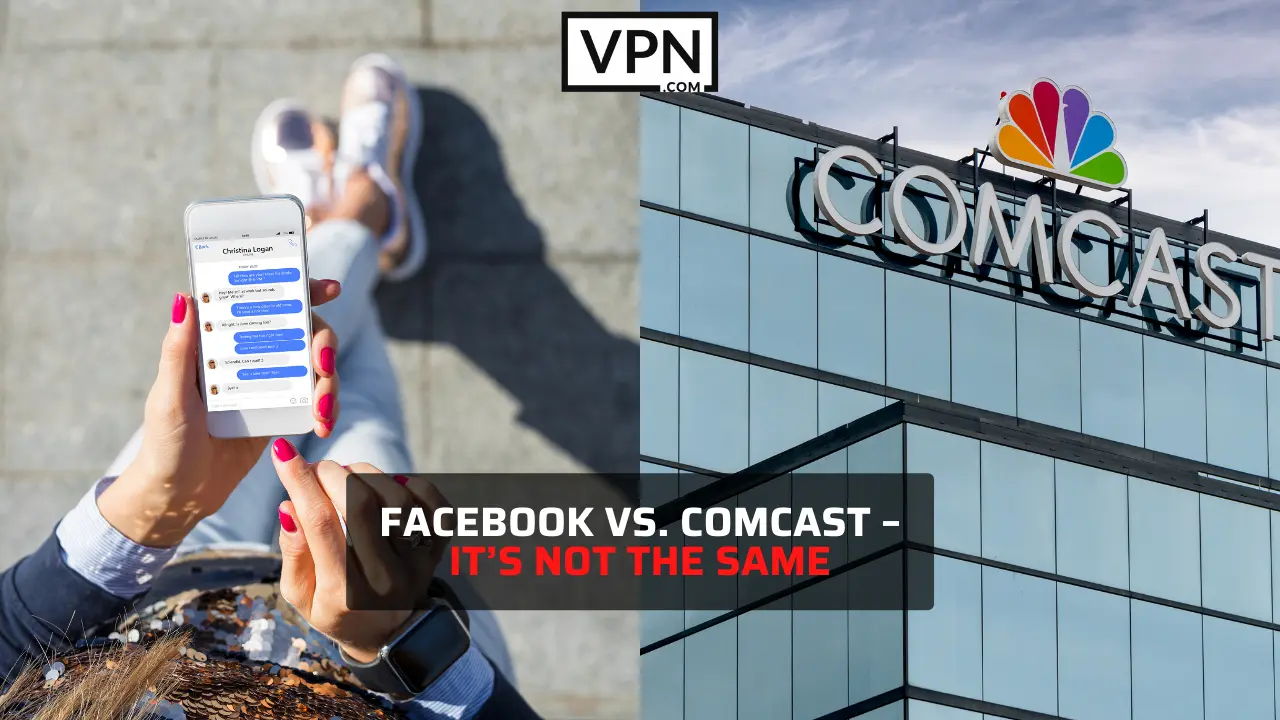Everything You Need to Know About the Telecom Act

With Donald Trump gobbling up headline space on major newspapers and websites left and right, sometimes equally big governmental policy changes can be swept under the rug if people don’t know what they’re supposed to be paying attention to.
Nowhere is this more clear than in the case of the recent repeal of many privacy protections afforded to Americans as a part of the Telecom Act of 1934. While it’s understandable that a story with that kind of lead may not exactly jump off the page for most readers, the implications of how the newly signed bill will affect millions of households can not be emphasized enough.
But what exactly is the Telecom Act, and how will the changes made to it affect your day to day life? Read on in our guide to find out everything you need to know about why your ISP is spying on you, what data they’re collecting, and how much profit they stand to make off the browsing habits of the American public.
The Telecom Act and The Communications Act of 1934

Back then, the Telecom Act was known as the “Communications Act”, and while it made several necessary strides when it came to keeping telecommunications companies of the era in check (basically by protecting the voice calls that went over their copper lines), much of what was written back then doesn’t apply as much to modern issues like your web browsing history or IP address security. To combat this, the FCC has been updating and tweaking the act for years, introducing new addendums whenever a new technology that needs protecting is introduced into the general marketplace.
One of these appendices is Section 222, initially added to the Telecom Act in 1996 and then revised in 2015 under the Obama administration to include broadband services. Right out of the gate, Section 222 states:
“Privacy rights are fundamental because they protect important personal interests —freedom from identity theft, financial loss, or other economic harms, as well as concerns that intimate, personal details could become the grist for the mills of public embarrassment or harassment or the basis for opaque, but harmful judgments, including discrimination. In adopting Section 222 of the Communications Act, Congress recognized the importance of protecting the privacy of customers using telecommunications networks.
Section 222 requires telecommunications carriers to protect the confidentiality of customer proprietary information.”
The action to repeal portions of Section 222 open up ISPs to engage in many of the same data-trafficking operations that tech companies like Google have been involved with for years. But how does it all work exactly?

Get Started w/ NordVPN Today
- Top-rated VPN for OS unknown
- Ultra-fast speed in US in 2024
- Save 69% off with VPN.com Discount
- Plans starting at $2.99/month
GUARANTEE

Why Do ISPs Want to Kill Privacy Protections?

While a lot of what’s going on with this most recent legislation might sound scary, the inherent action of selling your browsing data has actually already been in practice for years. See, the data that ISPs are after is the same information that companies like Google and Facebook have been collecting and reselling to marketers since their inception.
To explain it more simply, it goes something like this: when you send an email using Google’s Gmail service, Google trades you the information in that email for the option to use their service free of charge.
Let’s say you send a message to your friend about needing a new mattress. Google can then scan the metadata of that email, mine the information that would be relevant to your interests, and then post an ad link right above your inbox to companies or websites that sell mattresses.
This sort of a tit-for-tat relationship is clearly stated in the terms of service that every new users signs, and is understood as a sort of implicit, yet unspoken part of the bargain you sign up for when you create a new account with the big G. This model of advertising is not only extremely accurate when it comes to targeting the interests of the proposed target, it’s also by far one of the most valuable marketing channels that advertisers have in the new paradigm of digital consumer skepticism.
In the past decade revenue from digital advertising has surged, and when telecom act looked at how much money the big tech firms were making by marketing this data, they wanted in on the action for themselves. ISPs like AT&T, Verizon, and Comcast (just to name a few) have spent years lobbying Congress to try and get a repeal of the language used in Section 222 which protects consumers from having their data sold by their internet provider. In March of this year, they finally succeeded in that effort.
Trump signed the Congressional Repeal Action (CRA) into law, which means that from this point forward your ISP will be legally allowed to scrape all of your web browsing data and sell it to the highest bidder with impunity.
Facebook vs. Comcast – It’s Not the Same

The inherent problem with the ISP’s logic of “they’re doing it so why can’t we”, however, is that unlike a Facebook profile or a Gmail account which are voluntary to sign up for, internet providers are basically seen as an essential service for United States citizens.
Not only that, but due to the way the telecom industry has been monopolized in the past two decades it’s reported that only 19% of the country even have more than one choice of ISP in their region that can offer broadband speeds of 25Mbps or more. This means that unlike Gmail – which has competitors like Yahoo Mail or Hotmail where consumers can go if they don’t like Google’s data collection policies – up to 81% of internet users in the country don’t have that same ability to simply use another ISP if they don’t like the data collection practices of the first option in their town.
Of course, all of this also ignores the fundamental fact of why Google and Facebook even have to sell our data in the first place: their products are FREE. We understand when we click the “I Agree” button on those companies’ TOS that we’re handing over our usage data in exchange for free email, free social networking, etc.
With an ISP you’re already paying a monthly bill directly to the company for the service offered, which means that in practice the companies will be able to bill you upfront for the cost of the connection, and then continue to profit on the backend once your browsing data has been packaged up and resold to advertisers. You’re essentially paying to be advertised to, which anyone (privacy advocate or otherwise) can agree is pretty messed up to say the least.
The ISPs have tried to argue that this new marketing reseller plan will help them keep costs of their services down, but there has yet to be any research or studies to back that claim up. Also, there’s nothing that stops them from simply reneging on the promise and raising prices all while they continue to happily sell your data without you being able to do anything to stop it…or can you?

Get Started w/ NordVPN Today
- Top-rated VPN for OS unknown
- Ultra-fast speed in US in 2024
- Save 69% off with VPN.com Discount
- Plans starting at $2.99/month
GUARANTEE
What You Can Do To Fight Back Against The Telecom Act

Use a VPN. Even though the ISPs own the pipes you communicate on, they don’t actually own the communications themselves. That distinction means any ISP customer is allowed to legally use methods which would protect their privacy from threats – whether they be foreign, or in this case, domestic.
A VPN can circumvent the ISP data skimming systems like this: when you install a VPN on your computer or mobile device, the information sent to or from that device is secured by a tunnel of 256-bit AES encryption. This is one of the strongest encryption grades offered on the consumer level today, and without getting too technical, basically means it would take longer than the age of the universe itself to crack through it with the help of 50 supercomputers at a time.
By encrypting your data before it leaves your device and heads back to the ISP, this prevents them from being able to decode anything you’re doing online. If they can’t decode your data stream, they can’t package that information up and sell it to advertisers, thus stopping the whole process in its tracks.
VPNs are the best and most reliable method to guarantee that your data always stays private and secure, so stick it to the ISPs and get started with your first subscription today!
Customer Reviews for NordVPN: In-Depth Review, Tests, and Stats

Connection issues with MLB.TV
May, 2 2023

Prompt customer service
May, 6 2023

I would highly recommend
December, 15 2023



